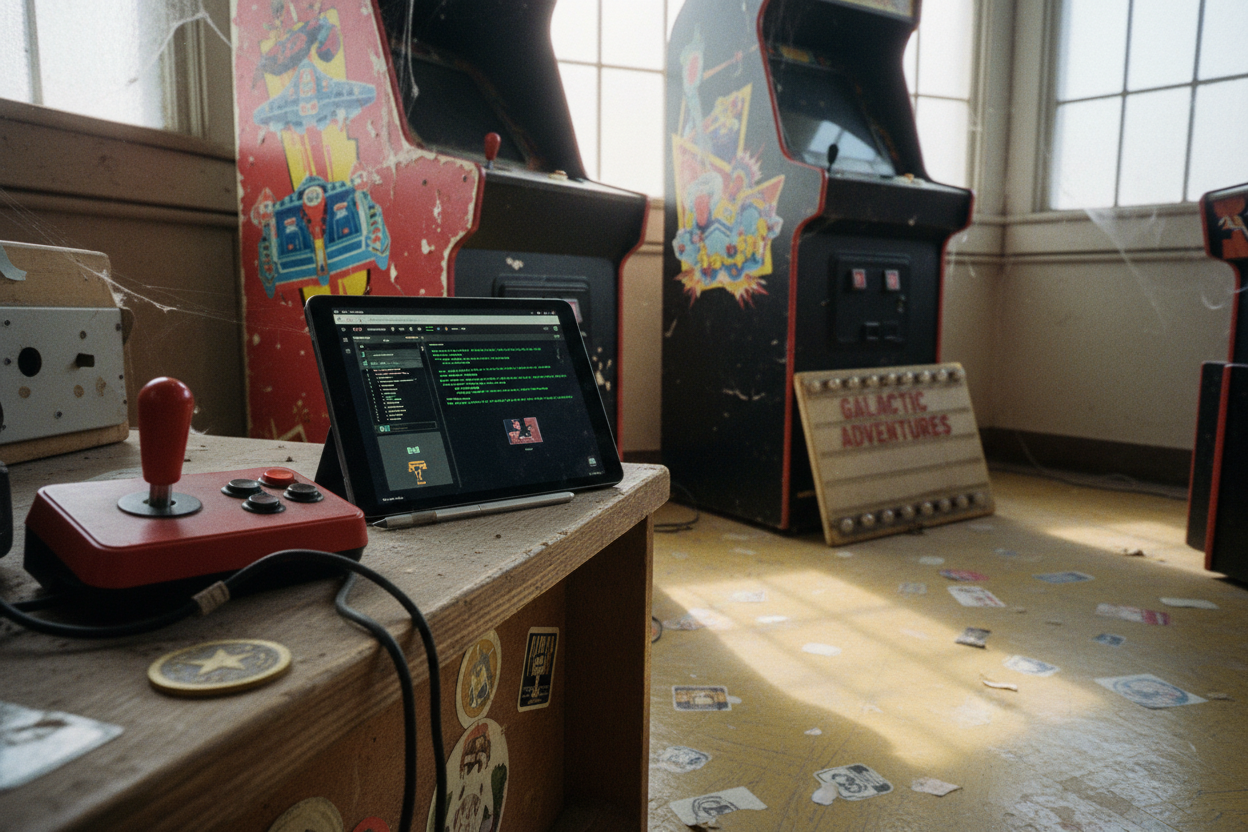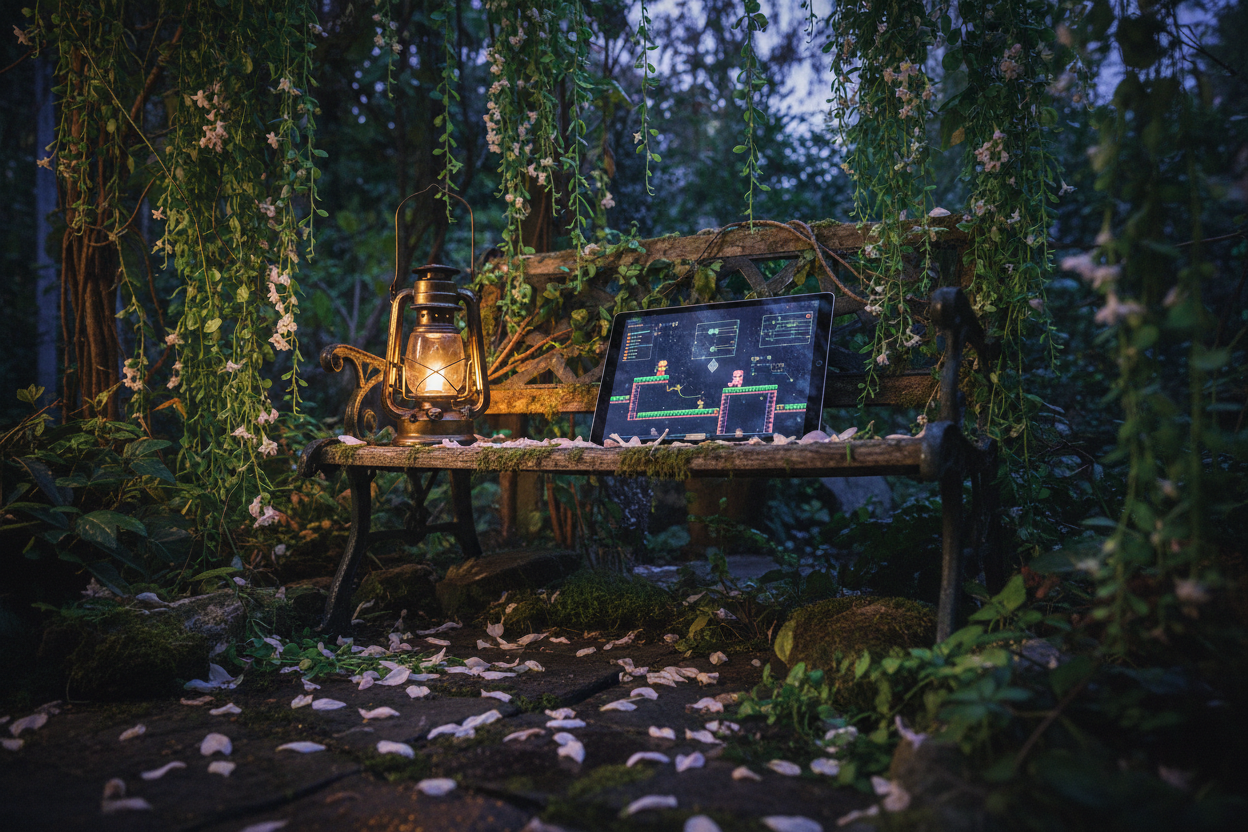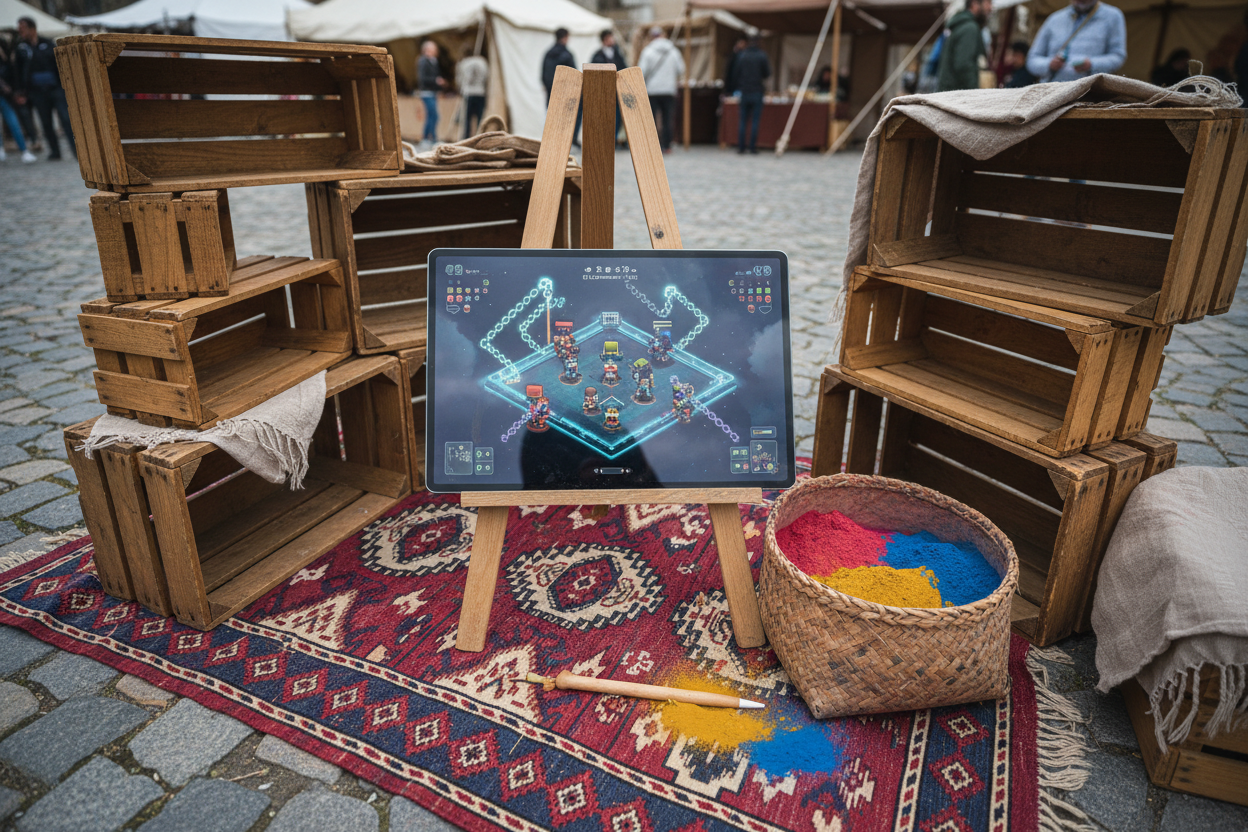Building Composable Game Worlds: The Power of On-Chain Game Logic
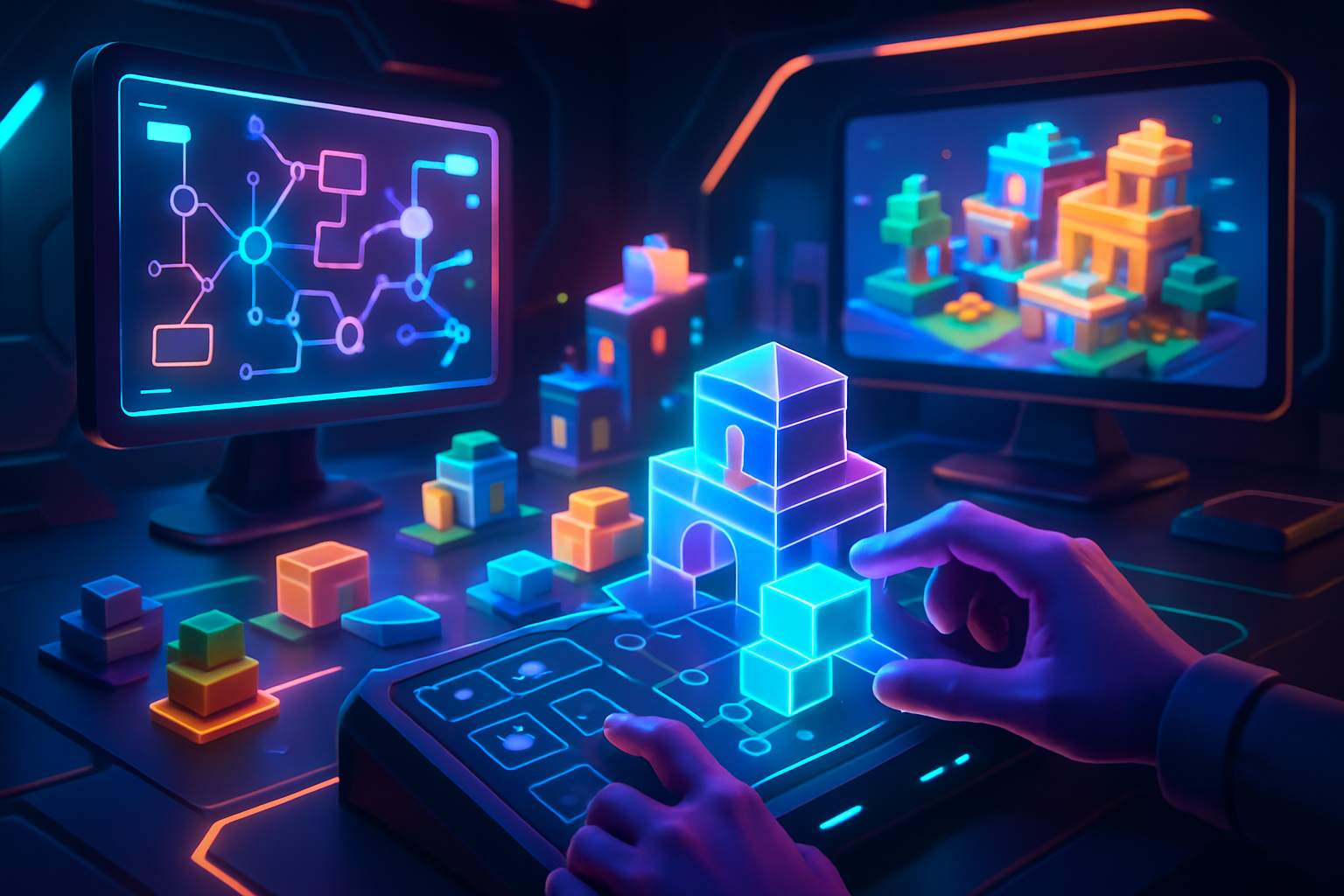
The gaming landscape is experiencing a seismic shift as fully on-chain games (FOCGs) move from experimental concepts to dynamic ecosystems. Unlike traditional games, where rules and assets are locked behind proprietary servers, FOCGs leverage blockchain infrastructure to store both game logic and state on-chain. This architecture not only ensures transparency and security but also unlocks composable gameplay and unprecedented interoperability between game worlds.
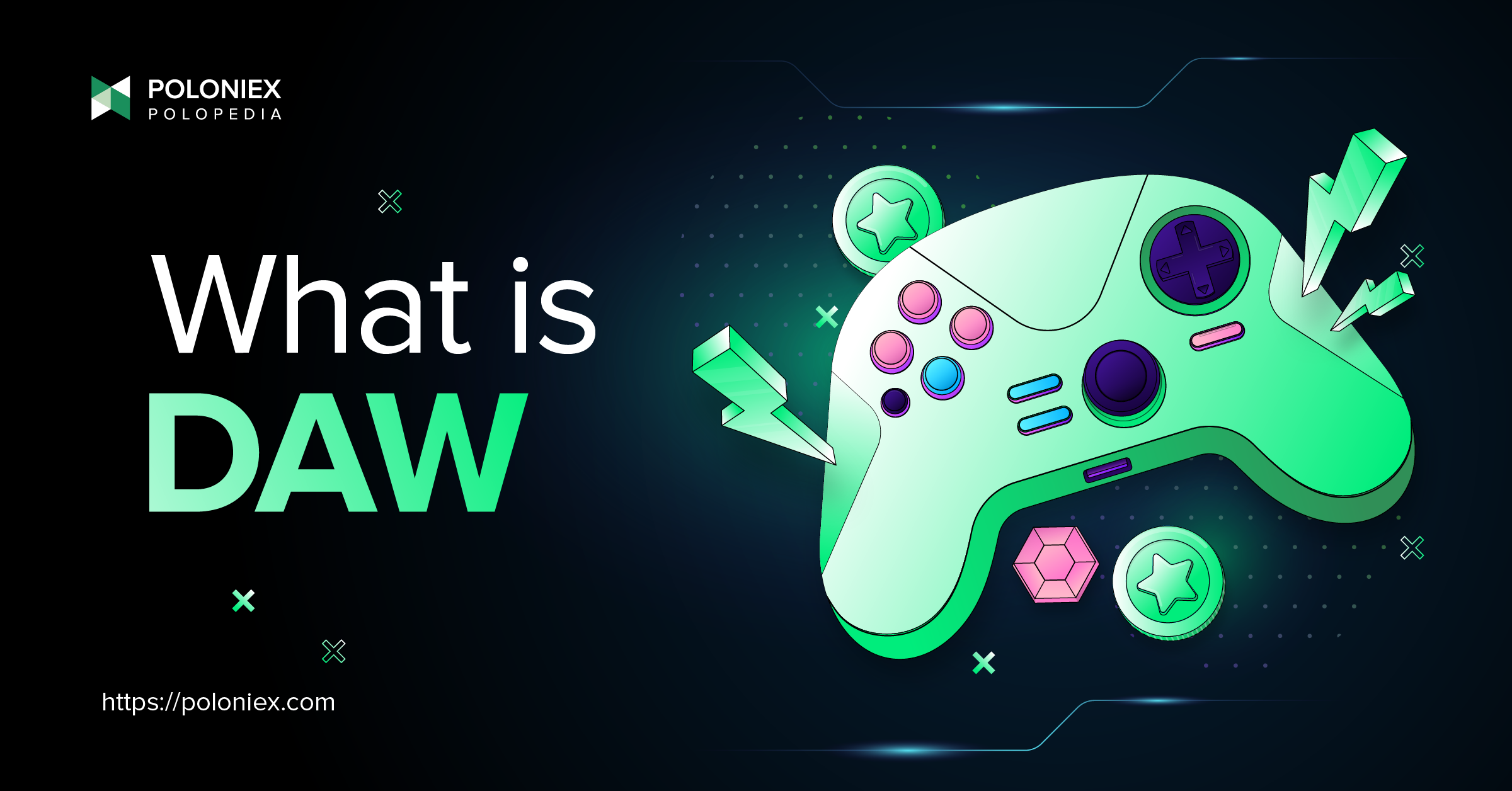
Why On-Chain Game Logic Matters
Centralized control has long been the norm in gaming, with studios dictating what’s possible within their titles. On-chain game logic flips this paradigm: smart contracts define every rule, mechanic, and state transition directly on the blockchain. The result is a tamper-proof system where every action is verifiable by anyone. This level of openness not only builds trust but also enables new forms of player engagement and innovation.
Frameworks like MUD (Lattice) and Dojo (Starknet) are at the forefront of this evolution. Both utilize Entity Component System (ECS) architectures, which separate data from logic for modularity and flexibility. Developers can define assets, rules, and interactions as composable modules that others can extend or remix without reinventing the wheel. For example, games like Ascension demonstrate how PvP mechanics, such as health points, action points, and range, can be transparently managed on-chain (source).
The Rise of Composable Game Worlds
The true power of on-chain game logic emerges through MUD Dojo interoperability. Composable worlds allow developers, and even players, to build new experiences atop existing ones. Imagine deploying a new questline or economic system into a live game world without centralized approval. This permissionless innovation is already taking shape in projects like Downstream, where players design structures within the world without writing code (source).
Key Benefits of Composable Gameplay in Fully On-Chain Games
-
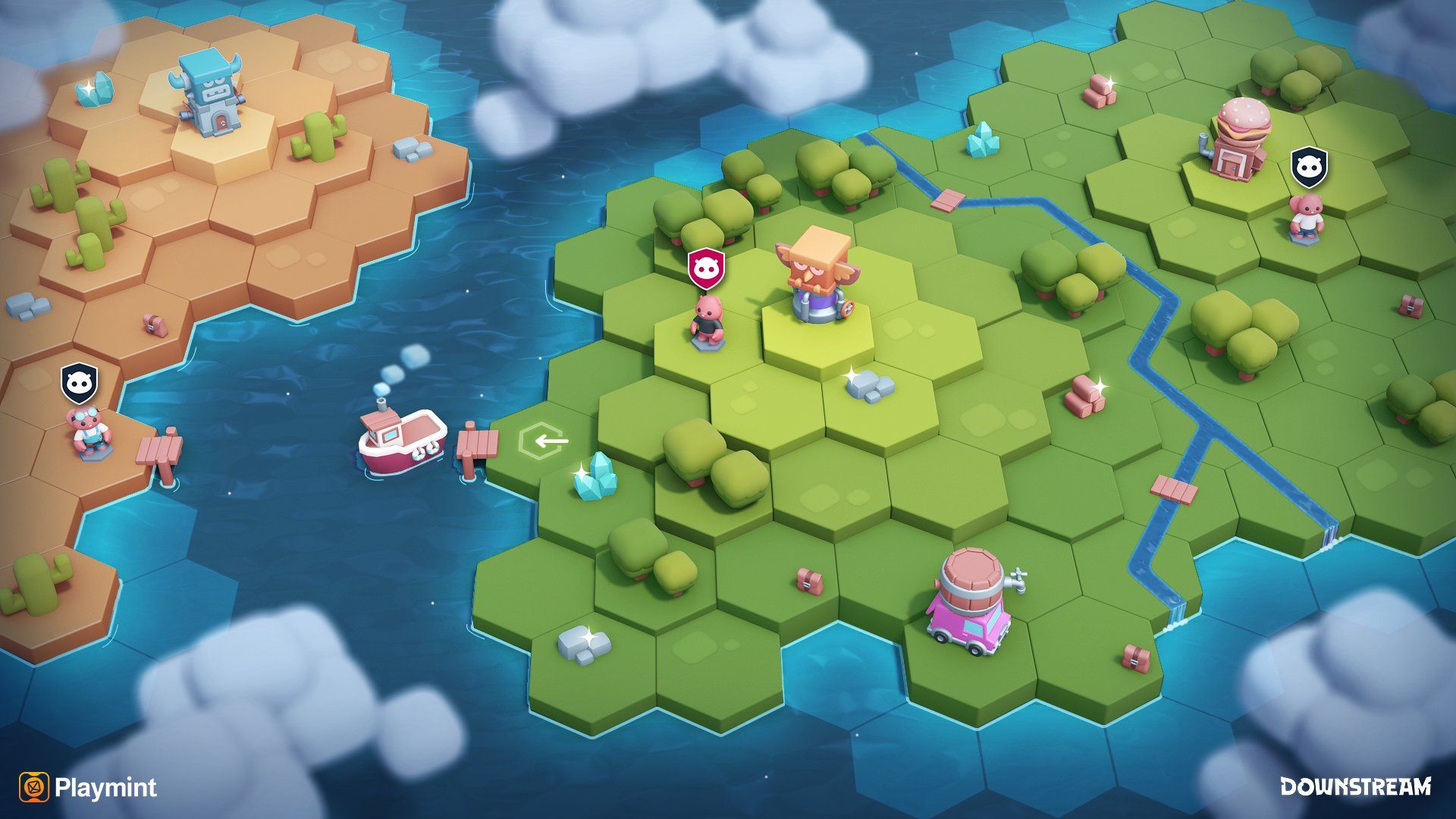
Enhanced Modding and User-Generated Content: Players can directly add new features, mechanics, or narratives to on-chain games. For example, Downstream empowers users to design and deploy in-game structures without coding, making modding accessible to a wider audience.
-
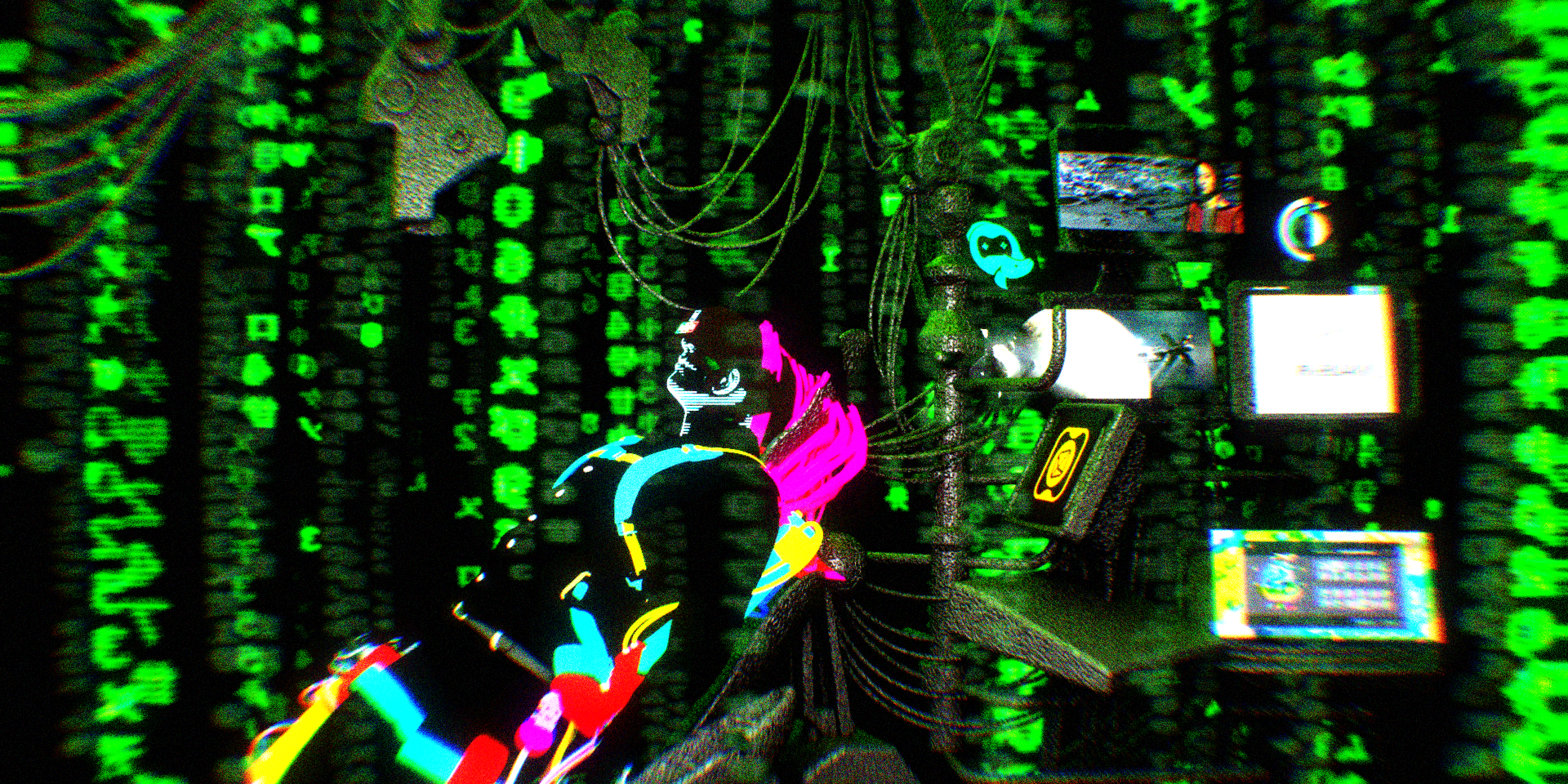
Seamless Interoperability Across Games: Composable worlds enable assets and mechanics to be shared between different games. Platforms like PixeLAW allow multiple games to interact and share resources, letting progress or items in one game influence another.
-
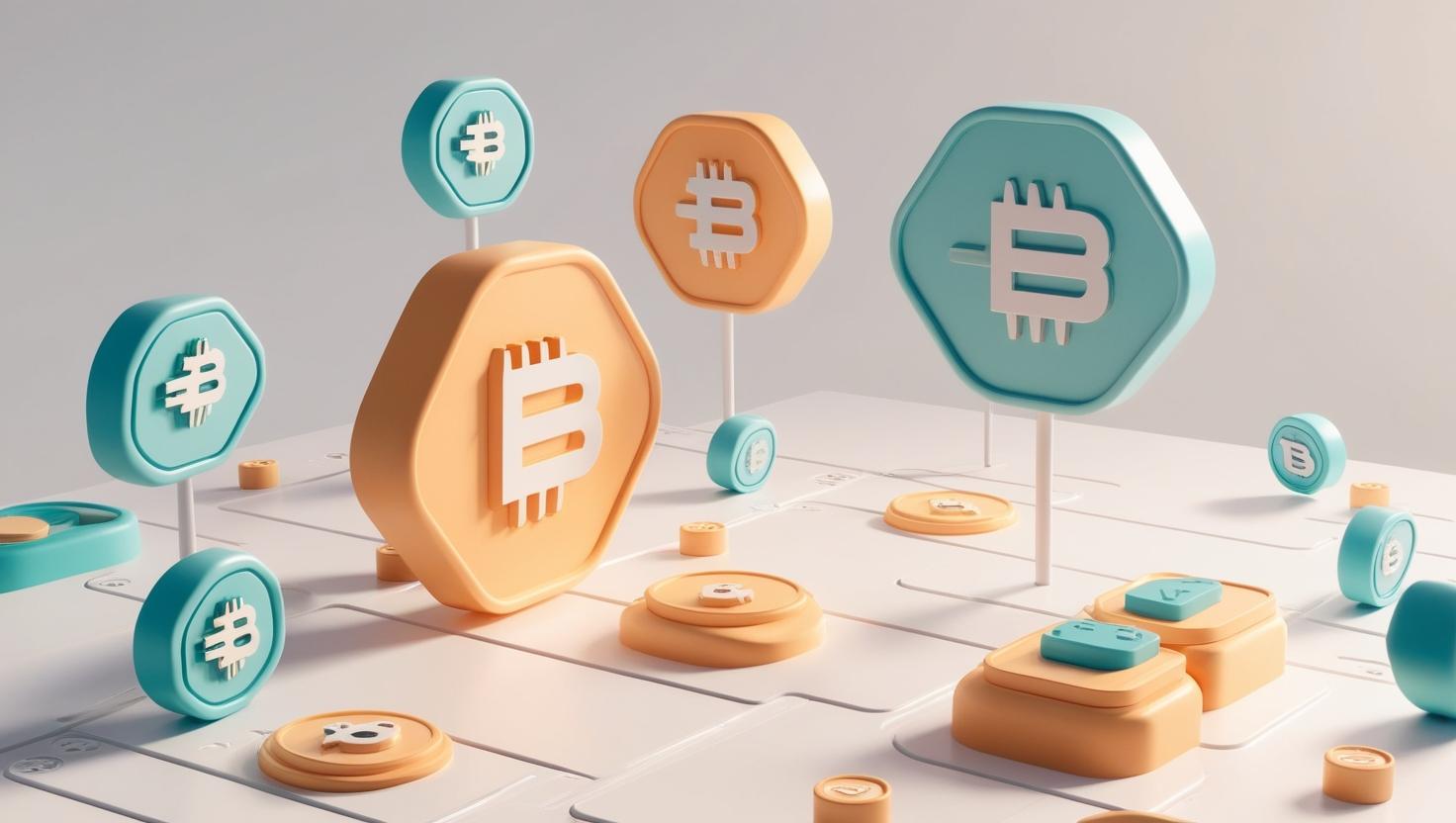
True Digital Ownership and Open Economies: On-chain composability ensures players have verifiable ownership of digital assets, which can be traded or used across various games. This supports robust, decentralized economies where in-game items gain real value and utility.
-
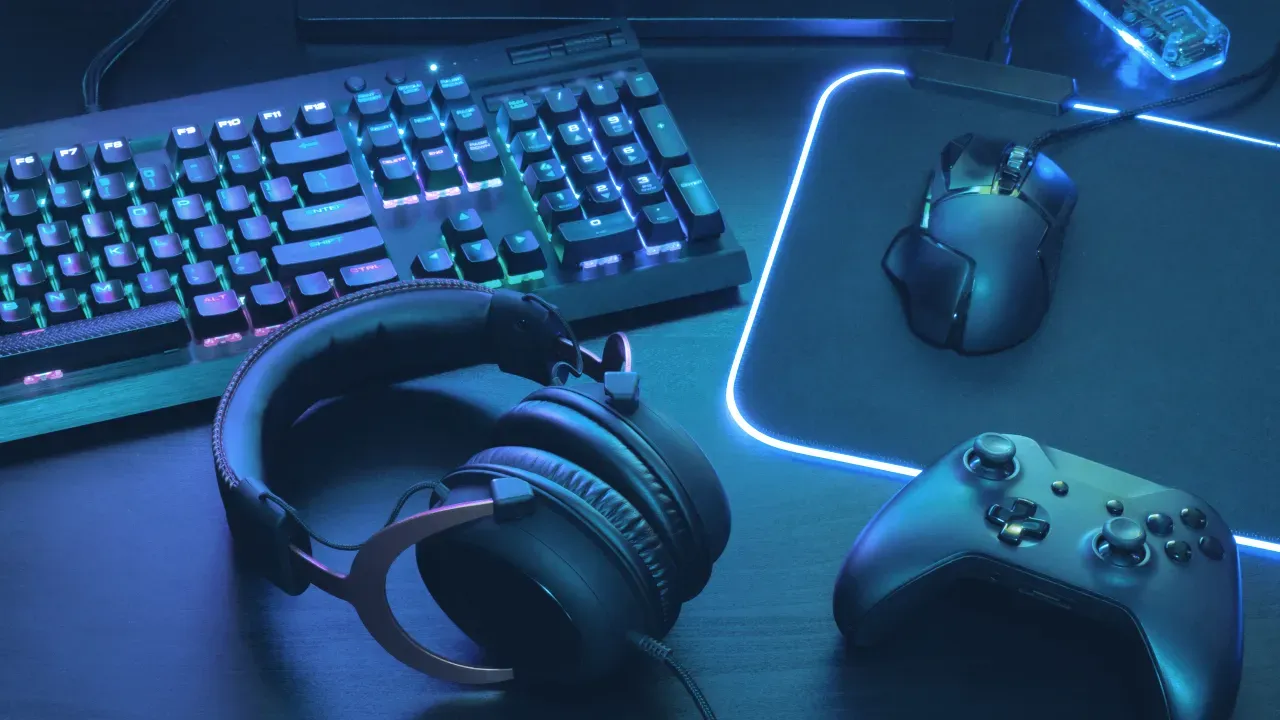
Permissionless Innovation for Developers: Developers can build new experiences, extensions, or entirely new games on top of existing on-chain logic without needing approval from original creators, accelerating innovation and diversity in game design.
-
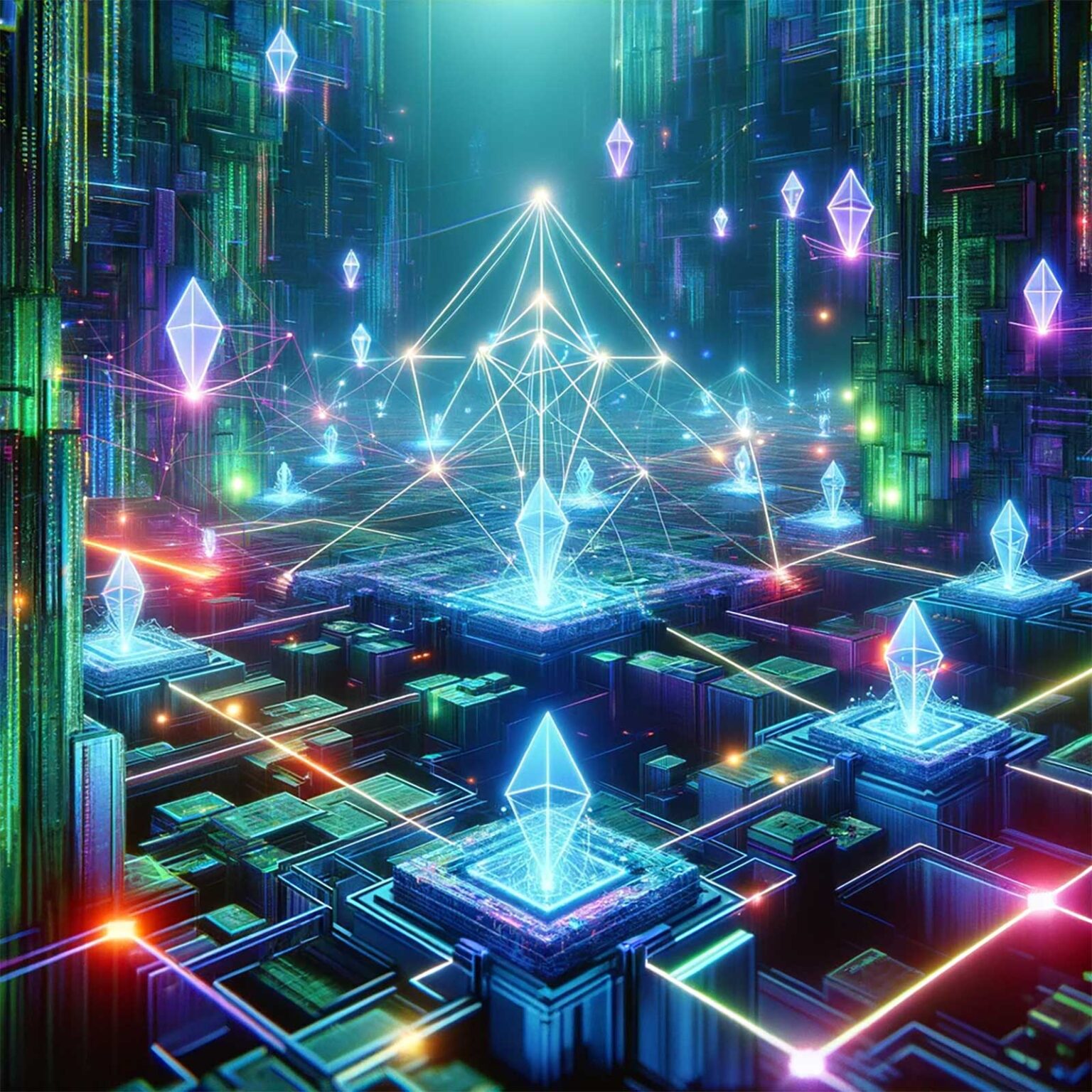
Persistent and Transparent Game Worlds: All game logic and state are stored immutably on the blockchain, ensuring game worlds are persistent, tamper-proof, and transparent for both players and developers.
This modularity extends to asset sharing across titles. Platforms such as PixeLAW are pioneering ecosystems where progress or items in one game can influence others (source). Such interoperability not only enriches gameplay but also encourages vibrant communities centered around user-generated content.
Tackling Challenges in Blockchain Game Development
No revolution comes without hurdles. Building entirely on-chain presents unique challenges:
- Scalability: Every move must be processed by the blockchain, raising concerns about speed and cost. Layer 2 solutions like Starknet are emerging to address these bottlenecks.
- Development Complexity: Crafting robust smart contracts for complex games demands skill sets beyond those required for standard web development.
- User Experience: Seamless gameplay remains a priority; lag or high transaction fees can deter mainstream adoption.
The good news? The ecosystem is rapidly evolving with optimized frameworks such as Dojo simplifying deployment on networks like Starknet (source). As infrastructure matures, these obstacles become stepping stones rather than roadblocks.
Developers and players alike are beginning to see the long-term value of on-chain composability. Instead of siloed experiences, we now have the foundation for persistent game worlds where assets, achievements, and even rulesets can be transferred or remixed across projects. This is a fundamental shift from closed economies to open, collaborative ecosystems, one where creativity is not limited by studio boundaries but is instead encouraged through transparent, permissionless infrastructure.
Consider how modding communities have historically breathed new life into traditional games. On-chain logic takes this a step further: every modification or extension becomes a permanent, verifiable part of the game’s history. This ensures that user-generated content can’t be arbitrarily removed or altered by centralized authorities. The result? Players become co-creators and stakeholders in the evolving narrative and mechanics of their favorite worlds.
Evolving Economies and Player Incentives
The economic layer of fully on-chain games is equally transformative. With true ownership of digital assets, players can trade, lend, or leverage their items across multiple titles, sometimes even earning real-world value in open marketplaces. Streaming payments for in-game resources or rewards (as seen in innovative projects built with MUD) introduce new forms of incentive alignment between developers and communities.
Moreover, these decentralized economies are inherently more resilient than those controlled by single entities. If one developer leaves or pivots away from a project, the community can continue to build and transact within the ecosystem as long as the underlying blockchain persists. This persistence fosters both trust and long-term engagement, a marked contrast to games that vanish when servers go offline.
Top Ways On-Chain Logic Creates New Player Economies
-
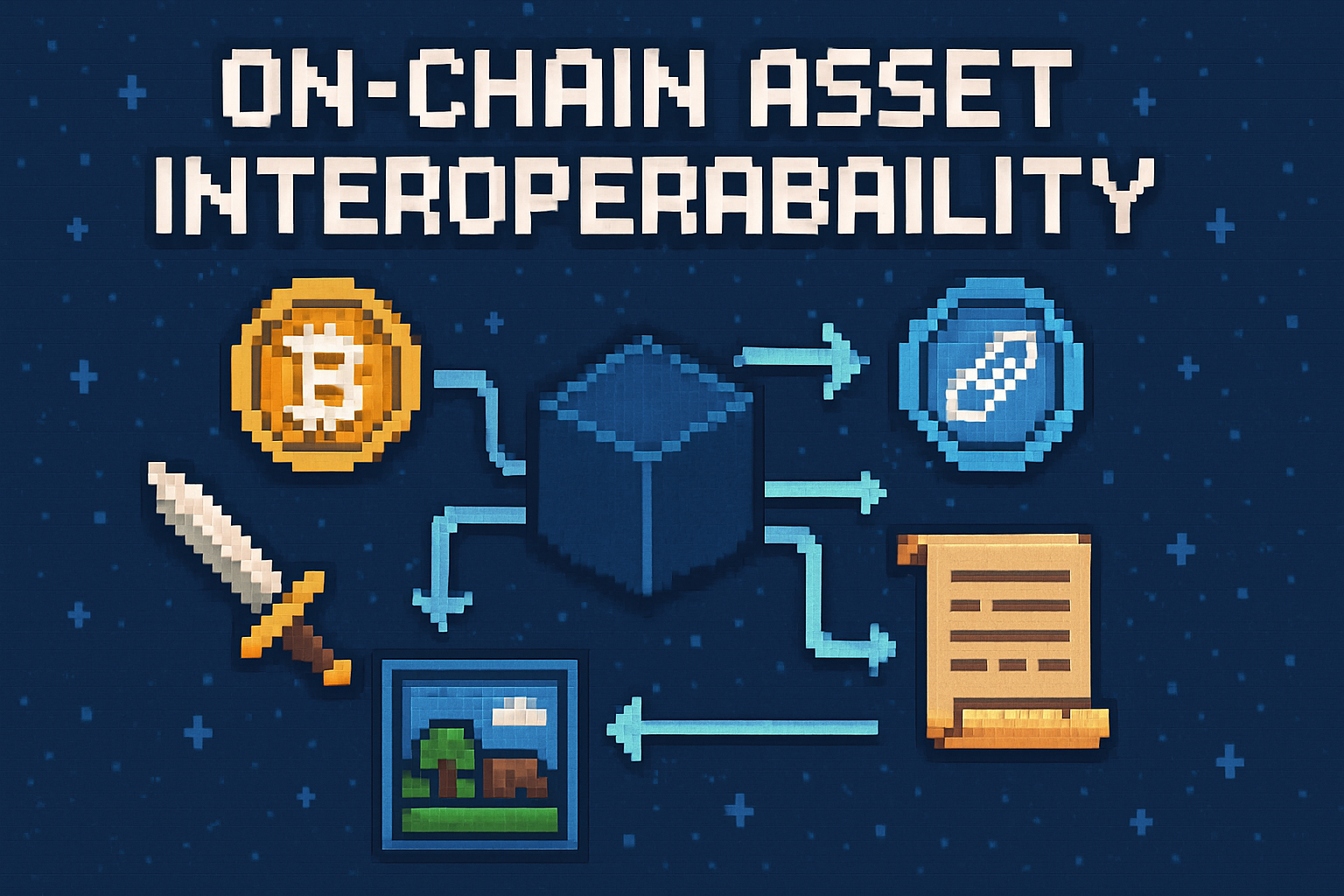
True Ownership and Cross-Game Asset Utility: On-chain logic ensures players have verifiable, blockchain-based ownership of in-game assets, which can be freely traded or used across multiple games. Platforms like PixeLAW enable assets and progress to move between different games, enhancing their value and utility.
-
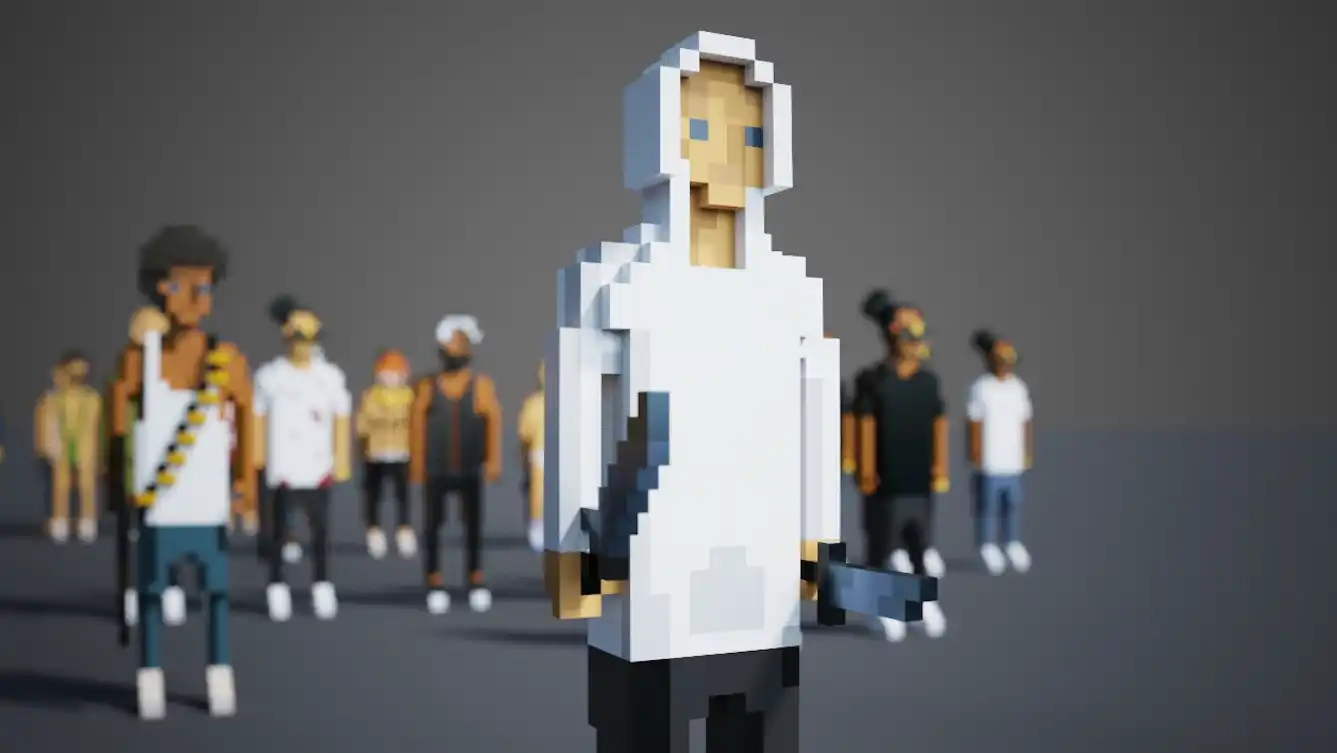
Open and Player-Driven Marketplaces: Fully on-chain games support decentralized marketplaces, allowing players to buy, sell, or trade items without intermediaries. These markets operate transparently and persistently, as seen in games built with MUD and Dojo engines.
-
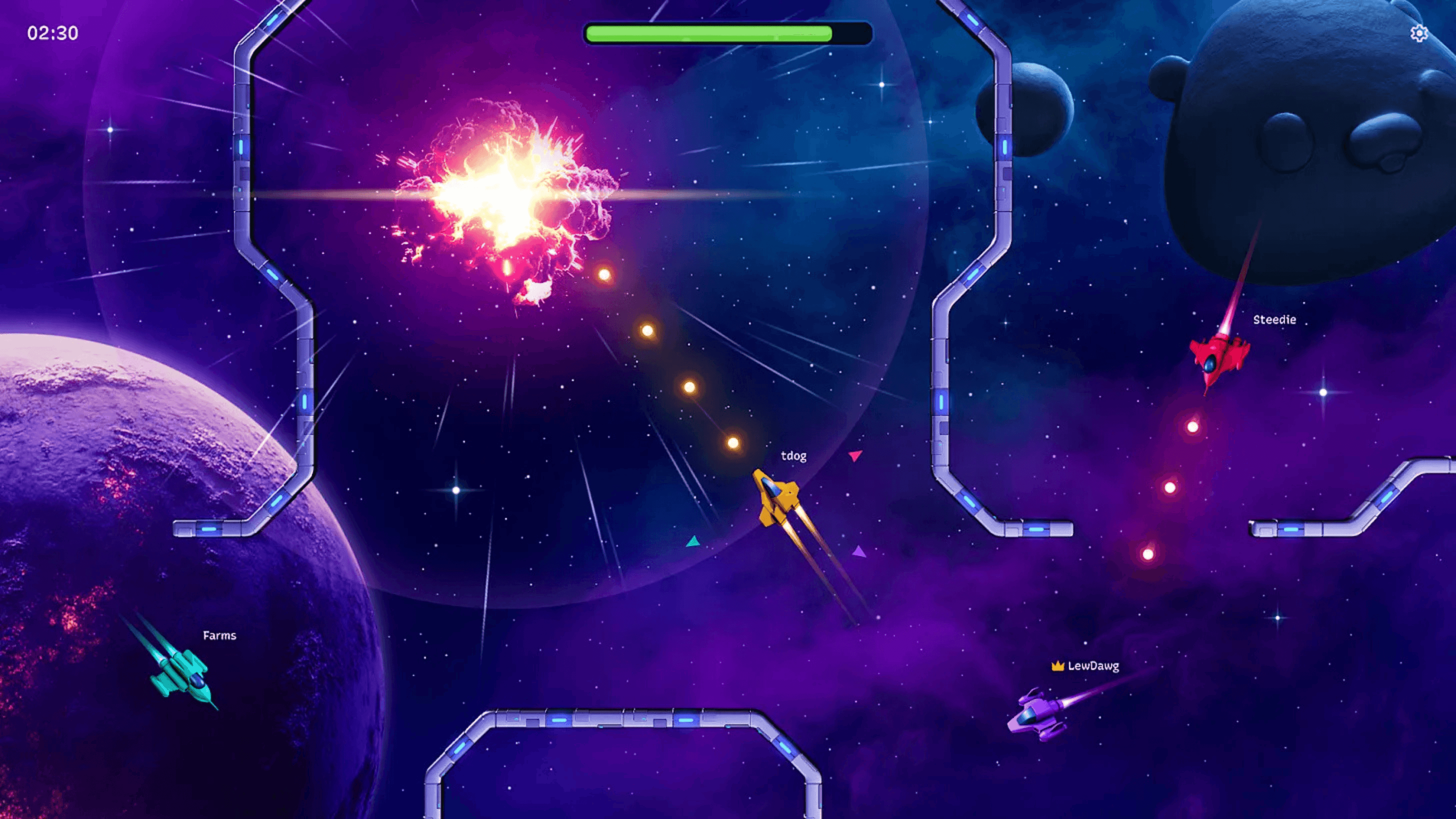
Modding and User-Generated Content Monetization: On-chain composability allows players to create and monetize custom content or game extensions. In games like Downstream, users can design and deploy new structures or features, earning rewards as others interact with their creations.
-
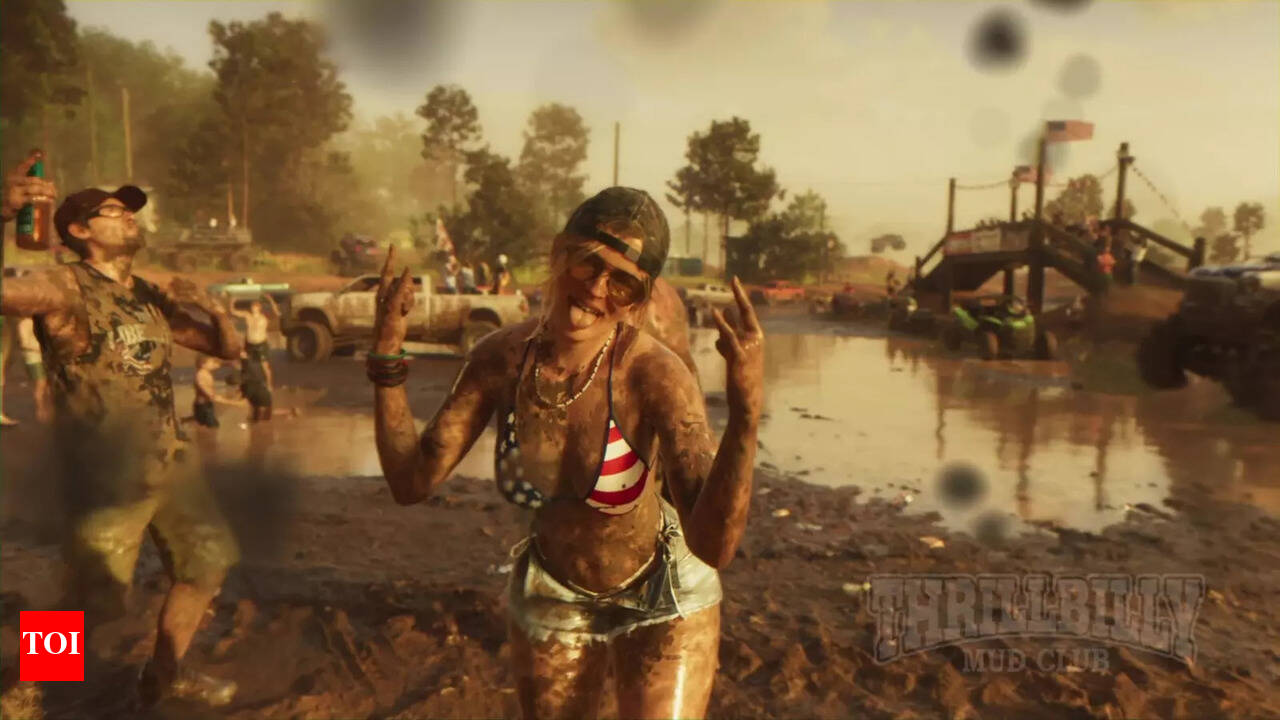
Programmable, Automated Revenue Streams: Smart contracts enable streaming payments and automated rewards for in-game achievements or contributions. For example, resource distribution in some MUD-based games is managed through programmable, transparent on-chain payments.
-
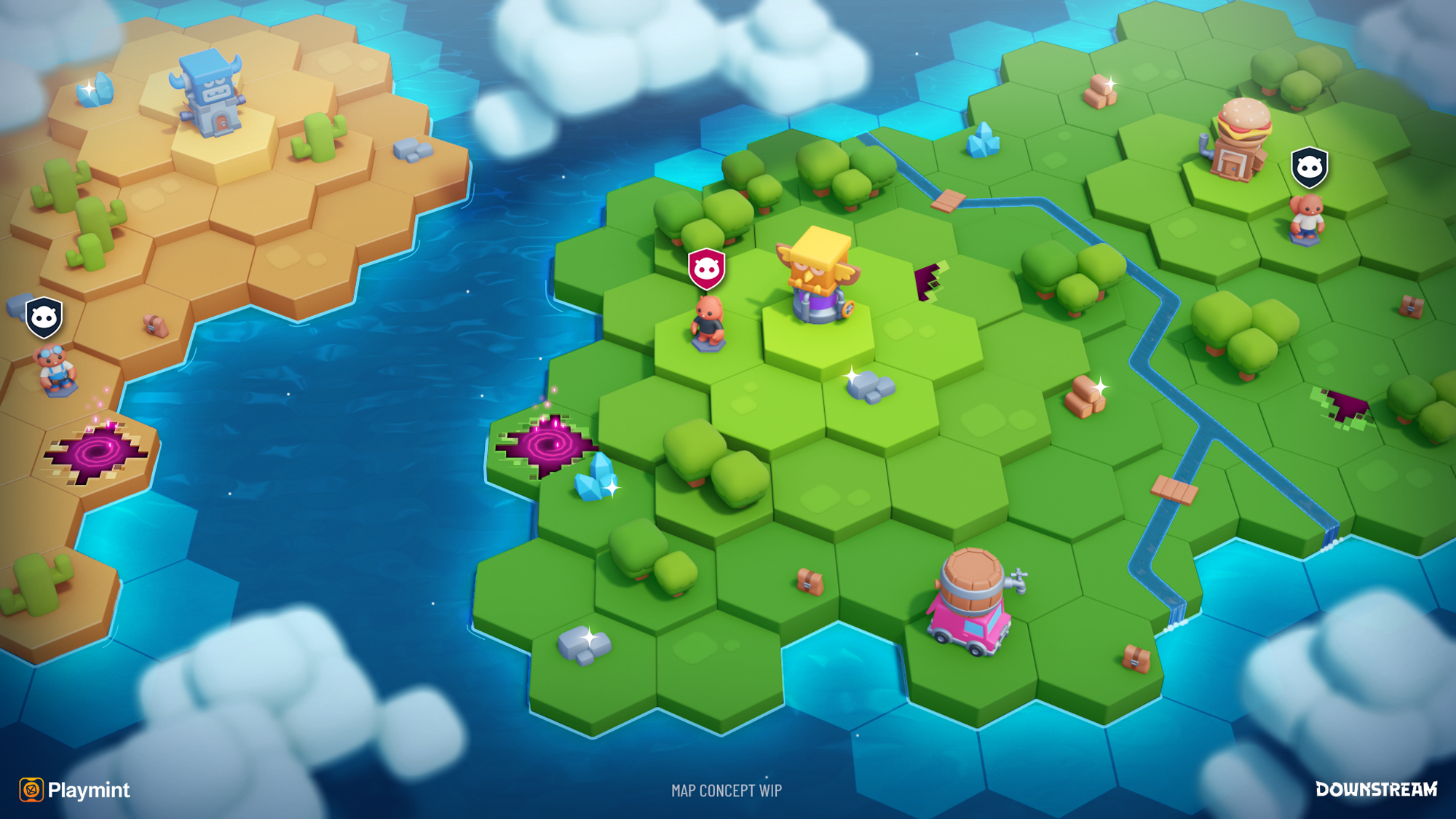
Community Governance and Economic Participation: On-chain logic empowers players to participate in governance decisions, influencing economic policies such as asset minting or fee structures. This fosters a sense of ownership and aligns incentives between developers and the player community.
What’s Next for Composable Gameplay?
As technical solutions mature, especially with frameworks like MUD and Dojo lowering barriers to entry, we’re likely to see an explosion of experimentation in composable gameplay design. Expect more cross-game collaborations, interoperable quests, and player-driven governance models that put decision-making power directly into users’ hands.
The next generation of blockchain game development will not only focus on fun but also on sustainability, transparency, and empowerment. Developers who embrace these principles will help shape an ecosystem where innovation compounds over time rather than being locked away behind proprietary walls.
For early adopters, whether you’re building with MUD/Dojo or simply exploring as a player, the opportunity is clear: get involved now while standards are forming and communities are still small enough for your voice to matter. The tools are here; the blueprints are being written in real time; all that’s left is for you to help build what comes next.



